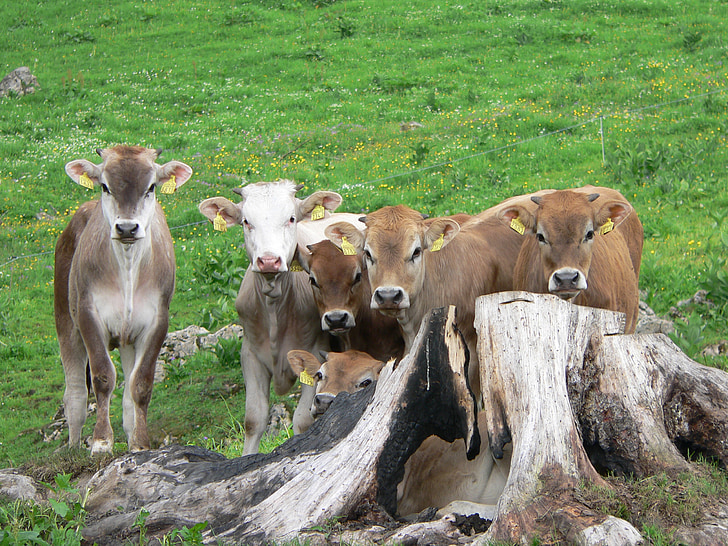Environmental activists warn that by 2050 there will be more plastic waste than the total weight of fish living in the ocean. Although currently, people stop all activities of dumping plastic waste into the environment. With the current waste treatment solution, hundreds of years from now, humanity will still be affected by the bad effects of plastic waste. Therefore, plastic-degrading bacteria is the perfect waste treatment solution for the future.
The world is drowning in a sea of plastic waste
According to a quick report from the United Nations Environment Program in 2018, the world will consume up to 1 million plastic bottles every minute on average. Each year, more than 500 billion plastic bags are consumed and 40% of the plastic produced in the world is used to produce packaging products. Half of all single-use plastic products such as fishing lines, baby diapers, straws, and bags.
During the past 50 years, the total amount of plastic consumed has increased 20-fold. The researchers expect this number to double over the next 20 years. On average, the world is producing about 300 million tons of plastic waste each year, equal to the weight of the global population. Plastics account for 10% of total waste. All have negative impacts on the economy, the environment and human health.

On average, every minute, the world consumes 1 million plastic bottles
Current methods of treating plastic waste
On average, each year, the amount of plastic waste released into the environment is enough to surround the earth 4 times. It is estimated that only 9% of plastic waste will be recycled, 12% will be burned and 97% will be landfilled in the natural environment.
The member countries of APEC alone, each year they have to spend about 1.3 billion USD to solve the pollution of the marine environment from plastic waste. In some developed countries in the world, plastic waste is treated centrally at recycling plants. After that, they will be continued to use the cycle. Some countries have even introduced legislation banning the use of single-use plastic products, all of which are sorted and collected to a recycling plant.
The remaining countries, including Vietnam, apply the manual treatment method of burning and burying waste. In particular, a small part of plastic waste will be recycled with outdated technology systems. High cost, low efficiency and especially environmental pollution. In particular, plastic waste collected and brought to landfill will also last for hundreds of years. They cause soil erosion, change the physical properties of the soil, prevent oxygen from passing through the soil, leaving the soil without nutrients to grow crops.
Some less developed countries also apply the solution to reduce the amount of plastic waste by burning. This activity has unintentionally caused serious environmental pollution. Toxic gas, when burned, can cause cancer, severe death.
Plastic-degrading bacteria is the waste treatment solution for the future
In 2016, scientists from Kyoto Institute of Technology, Japan researched and found a number of bacteria capable of decomposing plastic materials effectively. That bacterium is called Ideonella sakaiensis. They have the ability to secrete 2 main enzymes that help break down 1 of 2 common types of plastic, PET.

By 2018, an American female student named Morgan Vague had tested on 300 strains of bacteria. She identified three types of bacteria that produce Lipase. Digestive enzymes can break down plastic, and she discovered a strain of bacteria that can break down the hydrocarbons in PET.
Most recently, British scientists from the University of Portsmouth and a laboratory from the US have accidentally created an enzyme capable of degrading plastic based on a mutagenic method.
Thanks to this enzyme, ordinary plastic takes more than 400 years to decompose completely, but now it can be decomposed in just a few days. This scientific study has been widely published in the American journal – Proceedings of the National Academy of Science. However, scientists still need more time to study to improve the enzyme. With the hope of quickly applying them to the global plastic waste treatment method as soon as possible.
According to evaluation from the scientific community around the world, the discovery and development of this plastic-degrading bacteria has gradually opened up an effective direction in dealing with the problem of plastic waste worldwide.
Last July 2021, we received another good news at the Austrian Center for Industrial Biotechnology and the University of Innsbruck that bacteria and enzymes were found in the grass stomach of Alpine cows. They are capable of degrading common plastics.
According to information from the scientific journal Frontiers on July 2 shared. The scientists took the gastric juices from Alpine cows and applied them to three common plastics: polyethylene terephthalate (commonly known as PET), polybutylene adipate terephthalate (PBAT) and polyethylene furanoate (PEF).
The objective of this experiment was to evaluate how the process of breaking down the material structure of microorganisms. The results are expected on all 3 resins and the most effective is PEF.

Alpine cow stomach contains plastic-degrading bacteria
After analyzing the DNA from the gastric liquid sample, it was concluded that the microorganisms involved in the decomposition process were mainly two groups of bacteria belonging to the genus Pseudomonas and the genus Acinetobacter. According to Mr. Gübitz, further studies are needed, although the road ahead is fraught with difficulties. However, this can be seen as the discovery of meaning and infinity is also necessary for us. One problem can be a temporary solution to the problem of plastic waste, which is always of global concern.
Source: Vnxpress
